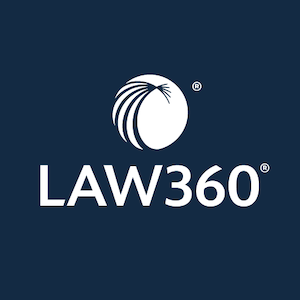Reuters Is Not Required to Disclose Meta AI Agreement to Authors

Judge Rules on Reuters and Meta Licensing Agreement
Overview of the Case
On March 6, 2025, a significant legal decision was made by a federal judge in California regarding a dispute involving Reuters News & Media Inc. The judge ruled that Reuters is not obligated to disclose its multi-year licensing agreement with Meta Platforms Inc. This agreement grants Meta the rights to utilize Reuters’ news content in its AI chatbot. This ruling comes amidst a broader context of legal challenges faced by OpenAI Inc., a company that has been accused of using authors’ published works, including books, to train their large language models.
Background of the Legal Challenge
The lawsuit against OpenAI stems from various authors who claim their works were used without permission in the development of OpenAI’s products. These authors argue that they deserve compensation for the unauthorized use of their intellectual property. As part of the ongoing litigation, there has been a demand for transparency regarding how third-party content, like that provided by Reuters, is used to train AI systems.
Key Players in the Case
- Reuters News & Media Inc.: A leading global news organization known for its high-quality journalism.
- Meta Platforms Inc.: The parent company of Facebook and Instagram, which is actively expanding its ventures into artificial intelligence.
- OpenAI Inc.: A research organization focused on developing advanced AI technologies, including language models.
The Judge’s Ruling Explained
The ruling indicates that Reuters is not required to share the specifics of its licensing deal with Meta, which could contain sensitive business information. By protecting this agreement, the court is helping to maintain the confidentiality of commercial arrangements between news organizations and technology platforms. This decision also highlights the growing complexities surrounding AI and intellectual property rights in the digital age.
Implications for Content Providers
This ruling has important implications for other news organizations and content providers. It underscores the necessity to secure licensing agreements that protect their content while navigating partnerships with tech companies. Moreover, it raises questions about how such agreements can be maintained in an environment where AI technologies are rapidly evolving.
Key Concerns for Content Creators:
- Intellectual Property Rights: Content creators want assurance that their works are protected and used legally in AI training.
- Fair Compensation: Creators are concerned about getting paid for their contributions and ensuring their work isn’t exploited.
- Transparency: There is a call for clarity concerning how AI companies use licensed content, especially in training models.
The Role of Law360
As developments in this case and other related legal matters unfold, staying informed is crucial for legal professionals and interested parties. Law360 offers a comprehensive subscription service that provides access to in-depth legal news, analysis, and resources. Subscribing to Law360 can keep individuals updated on fast-moving legal issues and trends.
Benefits of Joining Law360:
- Daily Newsletters: Get the latest updates delivered directly to your inbox.
- Expert Analysis: Gain insights from legal experts on various topics.
- Mobile Accessibility: Access articles and resources on-the-go through their mobile app.
- Advanced Search Tools: Easily navigate through extensive legal topics and information.
- Judge Information: Stay informed about judges and their rulings.
- Real-Time Alerts: Receive notifications about significant legal developments.
- Extensive Archives: Browse through over 450,000 searchable articles.
Potential subscribers can take advantage of a free 7-day trial to explore these features.
In light of evolving legal challenges involving AI and content usage, this case is a poignant reflection of the ongoing discussions about the intersection of technology, journalism, and intellectual property rights. As these issues continue to develop, stakeholders across various industries will need to adapt and mitigate risks associated with content licensing and usage in AI.






